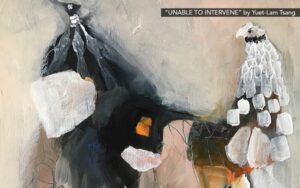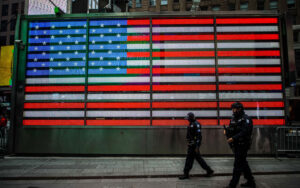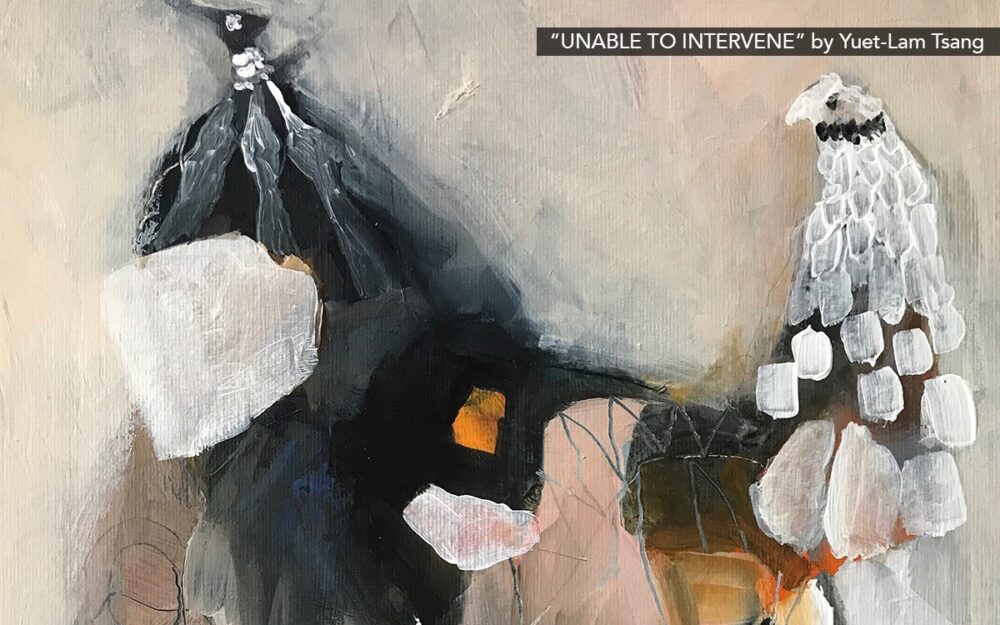June 23, 2016; NBC Sports
As the Black Lives Matter movement continues to grow, more and more African American athletes are participating and showing their support. NBA players are among the loudest, and their WNBA sisters recently strengthened their refrain.
Last week, the WNBA fined three teams—the New York Liberty, Phoenix Mercury, and Indiana Fever—for altering their uniforms. The players wore black T-shirts during warm-ups with references to the shooting of African American men and police officers. WNBA officials fined each team $5,000 and each player $500. (Many fans are used to professional sports members being fined. In most cases, the fines amount to a slap on the wrist, but since WNBA players’ salaries top out at $107,000, fining a player $500 is a much harder slap.)
After the fines were imposed, Liberty and Fever players boycotted their required post-game news conference and instead held their own. During their conference, players stated they would only answer questions related to Black Lives Matter.
The fines were imposed weeks after the WNBA organized activities in support of the Orlando community after the shooting at the Pulse Nightclub. In those instances, six teams wore warm-up shirts reading “#ORLANDO UNITED” under a rainbow-colored heart. The WNBA and its players also organized fundraising activities and blood drives.
In the face of controversy and standoff, the WNBA rescinded the fines. President Lisa Borders tweeted:
Appreciate our players expressing themselves on matters important to them. Rescinding imposed fines to show them even more support.
Sign up for our free newsletters
Subscribe to NPQ's newsletters to have our top stories delivered directly to your inbox.
By signing up, you agree to our privacy policy and terms of use, and to receive messages from NPQ and our partners.
— WNBAPrez (@WNBAPrez) July 23, 2016
More and more players are using the sports arena to voice political outrage. They follow in the footsteps of Muhammad Ali, Bill Russell, Tommie Smith, and John Carlos. According to a recent article in Sports Illustrated, NBA players’ voices have been by far the loudest. For example, last year, after the death of Eric Garner, many NBA players, including LeBron James and Derrick Rose, wore “I Can’t Breathe” shirts during warm-ups. They were not fined.
One of the main reasons why NBA players have used their pulpit to show their support may be their personal experiences and connections to the communities of the slain African American men. Seventy-seven percent of NBA players are black, a much higher percentage than in any other professional sport. (67 percent of NFL players are African American, and only 8.3 percent of Major League Baseball players.) Clearly, in the WNBA, where 67 percent of players are African American, these feelings are shared.
The NBA itself has not stepped away from using its strength and voicing its support for political issues, either. Last week, leadership pulled the 2017 all-star game from Charlotte, North Carolina, in response to recent legislation prohibiting trans persons from using the bathroom of their gender identity.
Although the fines were rescinded, the WNBA’s decision to fine their players for actions tolerated and perhaps supported by NBA players exposes much larger cultural attitudes around the role of women and their right to show their support of their beliefs and communities.—Gayle Nelson













